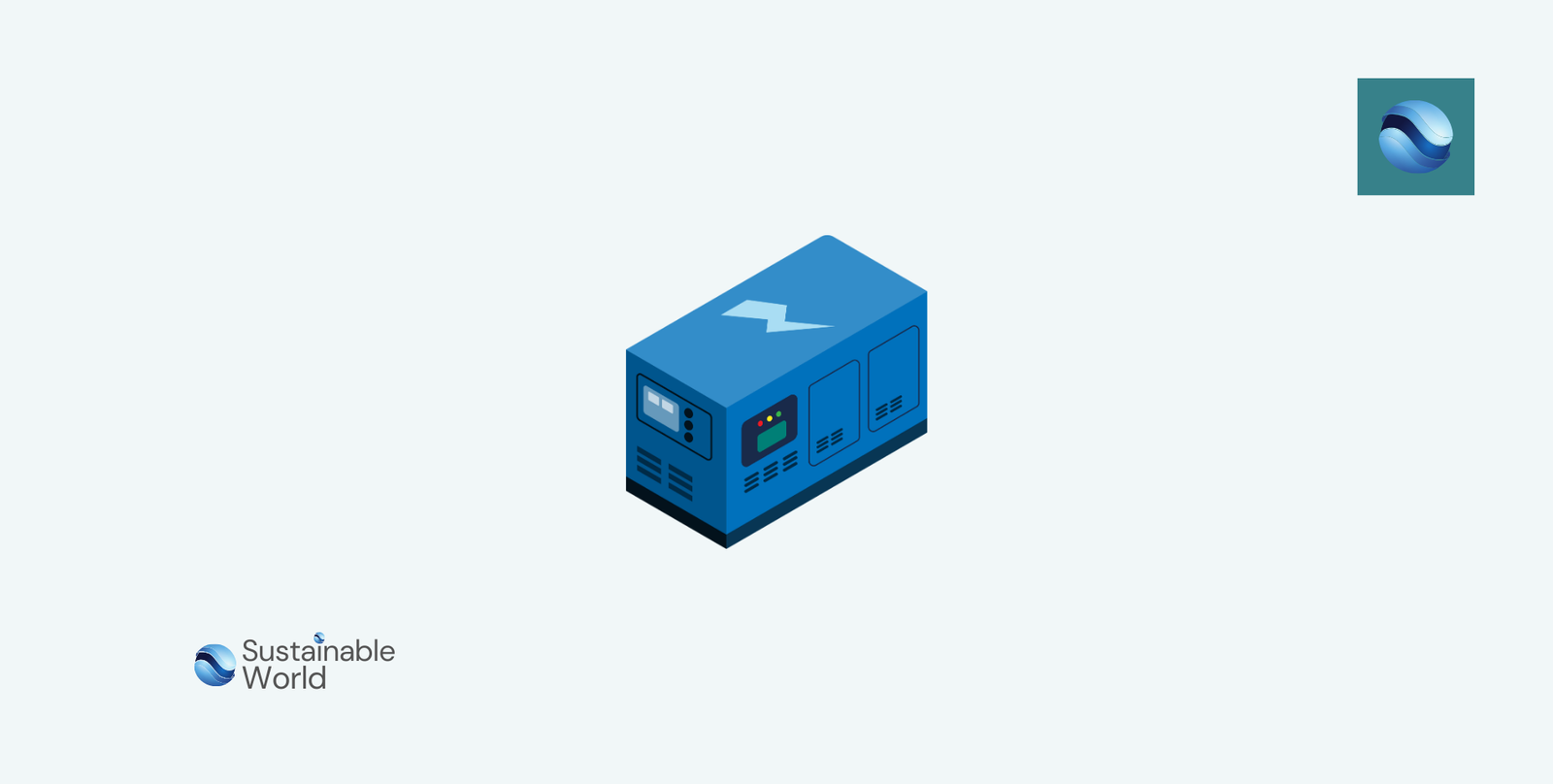Generators are versatile tools, whether you’re preparing for a power outage, camping off-grid, or working on outdoor projects. With so many options available, understanding which generator suits your needs can feel overwhelming. This guide answers common questions about generators, their capabilities, and how to make the best choice.
What is a Generator?
A generator converts mechanical energy into electrical energy, providing power for homes, devices, or tools when regular electricity isn’t available. From keeping essential appliances running to charging laptops, generators offer solutions for various needs.
Checkout the product review for the Jackery Solar Generator: Explorer 300
Common Generator Questions
1. Which Generators Can Charge Laptops and Phones?
For sensitive electronics like laptops, smartphones, and tablets, inverter generators are the best choice. These generators produce clean, stable power that won’t damage delicate devices.
- Recommended Option: Portable solar generators are eco-friendly and compact, making them perfect for charging small devices. Check out the Jackery Solar Generator Explorer 300.
2. Which Generators Can Handle Common Appliances Like Vacuums or Power Washers?
For household appliances such as vacuums, power washers, and refrigerators, you’ll need a generator with higher wattage output. Portable generators or standby generators are ideal.
- Look for models with:
- Starting Wattage: 3,000–5,000 watts for tools like vacuums or power washers.
- Running Wattage: Ensure it meets the ongoing power needs of appliances.
3. Can I Use a Generator Indoors?
No. Generators emit carbon monoxide and should always be operated outdoors in a well-ventilated area, away from windows or doors.
4. Which Generator is Best for Running Multiple Appliances During an Outage?
For powering an entire household or multiple large appliances simultaneously, a standby generator is the best choice. These generators are permanently installed and automatically turn on during an outage.
- Recommended Option: A standby generator with at least 10,000 watts, such as those from popular brands specializing in residential solutions.
Types of Generators and Their Uses
1. Portable Generators
- Ideal for: Outdoor projects, camping, and temporary power outages.
- What They Can Power: Small appliances, tools, and some home essentials.
- Pros: Affordable and widely available.
- Cons: Loud and requires regular refueling.
2. Inverter Generators
- Ideal for: Electronics like laptops and phones.
- What They Can Power: Sensitive electronics, small appliances, and lights.
- Pros: Quiet, fuel-efficient, and lightweight.
- Cons: Higher cost compared to portable models.
3. Standby Generators
- Ideal for: Whole-home power backup.
- What They Can Power: Entire households, including HVAC systems and large appliances.
- Pros: Automatic operation and reliable.
- Cons: Expensive and requires professional installation.
4. Solar Generators
- Ideal for: Eco-conscious users and low-energy needs.
- What They Can Power: Small devices and limited appliances.
- Pros: Quiet, renewable energy, and low maintenance.
- Cons: Limited power capacity.
What to Consider When Buying a Generator
1. Wattage Requirements
Determine what devices or appliances you’ll need to power. Add up their starting and running wattage requirements, and choose a generator with a slightly higher output for safety.
2. Fuel Type
- Gasoline: Common but requires proper storage.
- Diesel: Efficient but loud.
- Propane: Cleaner burning and easy to store.
- Solar: Renewable and quiet but dependent on sunlight.
3. Runtime
If you need long-lasting power, choose a generator with a large fuel tank or high-capacity battery.
4. Noise Level
Check the decibel rating, especially for residential or camping use.
5. Portability
If you’ll move your generator frequently, opt for lightweight models with wheels and handles.
Tips for First-Time Buyers
- Research Wattage: Ensure your generator can handle your devices and appliances.
- Check Safety Features: Overload protection and automatic shutoff are crucial.
- Think Long-Term: Prioritize durability and low maintenance costs.
Popular Accessories for Generators
- Transfer Switch: Connects a generator to your home safely.
- Extension Cords: Heavy-duty and outdoor-rated cords for added flexibility.
- Fuel Stabilizer: Keeps fuel fresh for longer.
- Solar Panels: For charging solar generators efficiently.
Conclusion
Choosing the right generator depends on your power needs, whether for sensitive electronics, household appliances, or outdoor tools. By understanding your requirements and evaluating the available options, you can find a generator that delivers reliable power when it matters most.



Leave a Reply